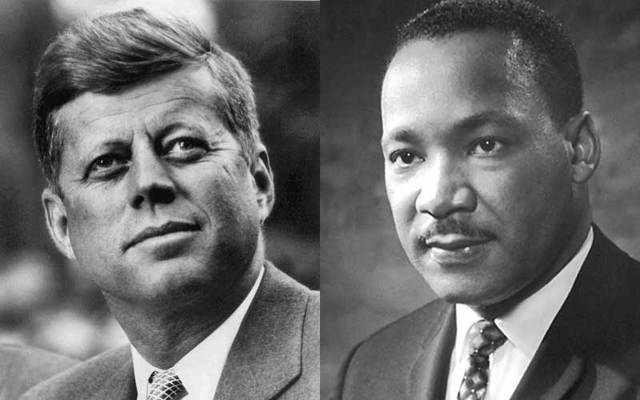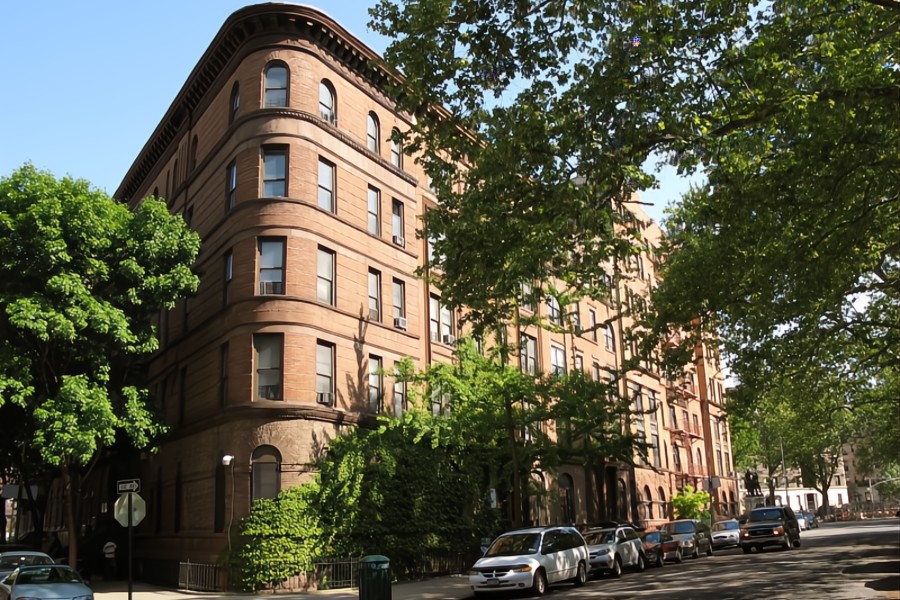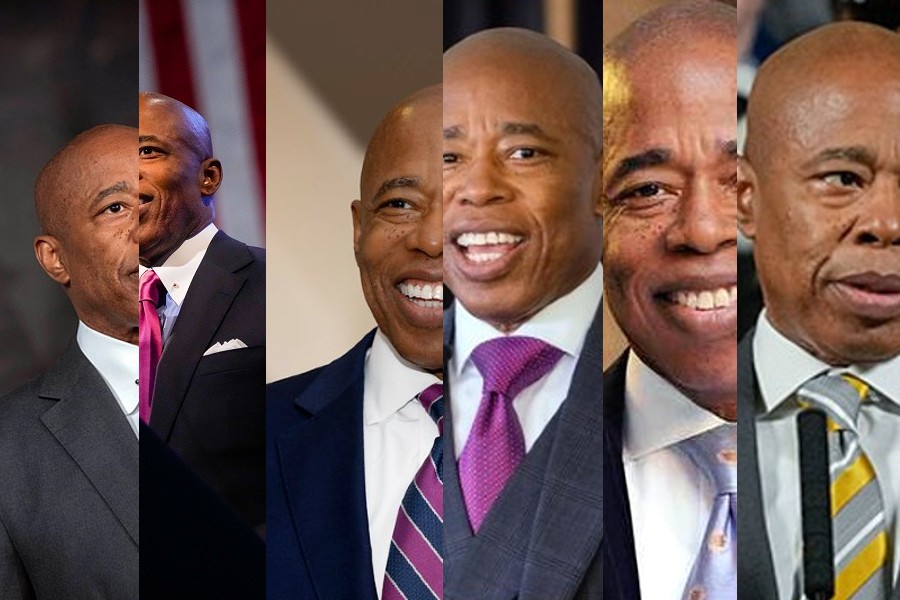 By Michael McQuillan
By Michael McQuillan
I walk on the beach, so rhythmic rippling waves soothe confusion. My life’s work sought social justice but now the world’s gone mad.
A visceral fear at how the domestic power balance changes as we become a “majority-minority” nation manifests as hatred, spawning violence by white supremacists in Charlottesville and insurrectionists in Washington. Shooters stalk “the land of the free and home of the brave” to avenge their resentments.
Reactive elected officials fear seeming soft on crime. They abandon post-George Floyd police reform plans, adding massive sums to swollen budgets which revive the racist “stop and frisk.” Patrol officers rouse the sleeping subway homeless after routing them from camps. President Biden’s Executive Order limiting chokeholds, no-knock warrants, and military weapons sales applies only to Federal agents.
Law enforcement in states and localities is five times as large; his Fiscal 2023 budget allocates $32.2 billion “to put more police on the streets,” National Public Radio reports. Where are conscience and compassion?
Voter suppression, anti-abortion and pro-gun crusades threaten what was at best our partial democracy. Vladimir Putin’s war crimes destroy innocent lives abroad along with lingering hope for a domestic peacetime economy that would address human needs.
In 1969 at age 16 I felt that fractures over the Vietnam War and Civil Rights would heal toward a conscience-driven pursuit of the common good. John F. Kennedy in the White House at 43, my father’s age, had inspired me in childhood.
With grassroots activism, a Manhattan norm, a bright future beckoned as the President’s term matured him. Between inauguration and assassination, he morphed from Cold Warrior to the conciliator. Seasoned by the 1961 Bay of Pigs fiasco, he ably led us through the 1962 Cuban Missile Crisis, his naval quarantine in effect a blockade against the delivery of nuclear weapons but in the semantic terms of international law not an act of war.
Kennedy, tactically shrewd, granted Soviet Premier Nikita Khrushchev a face-saving concession (the secret pledge to later remove our obsolete missiles from Turkey), addressed his adversary’s calm private note with action, and rhetorically ignored his public threats.
JFK’s American University address of August 1963 called for “a more practical, more attainable peace — based not on a sudden revolution in human nature but on a gradual evolution in human institutions – on a series of concrete actions and effective agreements which are in the interest of all concerned.”
The Limited Nuclear Test Ban Treaty he concluded with the Soviets on October 7, 1963, prohibited weapons testing underwater, in the atmosphere, and on the ground. It was, he thought, his signature achievement.
His death matured me. Vincent Van Hasselt and I on November 22, 1963, saluted the sky on our way home from fifth grade. “It looks like we’ve lost a friend,” Dad said later, his warm voice releasing my tears.
Still, having friends of varied colors, creeds, and customs as did I and those around me through my teen years would surely spread to shape the social policies of Congress. Didn’t the November 1969 Vietnam Moratorium of 500,000 marchers on Washington Monument grounds (to which high school classmates and I chartered a school bus from The Bronx) “bend the arc” toward justice beyond what LBJ’s “Great Society” achieved through its landmark War on Poverty and Head Start (among forty programs such as Medicare, Medicaid and Job Corps)?
The world seems different as at 69 I pass through what was once called “golden years.” Science and technology put men on the Moon who on Earth despise one another.
We are primitive in human relations, driven by a capitalist culture that assigns false money-based winner or loser labels, is individualist not communal, and floods the internet and television with cheap thrill ads for fast cars, fast cash or escapist vacations.
An ancient Roman dictator whose rivals stabbed him to death in the Senate inspires the public face of sports betting ad campaign that incites impulse and addiction. It’s a trending market pitch.
You’ll feel like the man you are as you accelerate the future behind a Buick’s wheel or add drama to every drive in an Audi, but the World Health Organization links burned fossil fuels to cancer. People pay to flirt with risk on roller coasters, shrieking at their steep and sudden drops.
An infant greets the world in wonder, but adult eyes weigh danger: “keep your friends close and your enemies closer,” warns Sun Tzu, China’s ancient author of The Art of War. It’s a tragic way to live. Tabloid headlines highlight anecdotal crime despite statistical stability, spawning a conservative backlash against bail reform with Democrats defensive.
The existential threat of climate change prompts world leaders to announce nonbinding goals as their nonsensical response. Masses cope with daily life, denying problems they can’t solve.
A paradigm shift to perceive others’ humanity might help us all transcend our common plight, but how can that occur?
A Russian autocrat asserts military might, ignites a war, and dares the West to stop him. He invades a sovereign nation in retribution for the expansion of NATO membership and missiles to his nation’s edge, to feed his ego dreams of establishing an empire.
The National World War II Museum in New Orleans cites a Soviet death toll of 24,000,000 people, with two thirds of its industrial base destroyed, plus the loss of one-third of its land. The US suffered a contrasting 418,500 casualties, all else intact; the arrogance of ignorance disrespects their perspective’s present role.
George Mason University Professor Joseph Montville found that historical traumas’ impacts last for generations, consigning diplomacy to failure as its standard bargaining ignores the psychological states of rivals.
Wasn’t our Monroe Doctrine a precedent for Russia’s sphere of influence ambition? Republican obstruction besets President Biden, who must be prudent yet strong, punishing Russia without igniting a world war. Yet he would, he has said, send US troops to defend Taiwan, should China attack. Does our destiny include endless wars toward self-destruction?
With our government remote from the people’s will on preserving voting and reproductive rights while enacting gun controls, polls show, that the masses act out from stress. Nine cars line the turning lane from Brooklyn’s Church Avenue to Ocean Parkway; their horn cacophony prompts a forlorn pedestrian’s remark that “you wouldn’t have this in England or anywhere else in Europe. It only happens here.”
What can we do — amidst a pandemic — as the nuclear arms of both sides place us in peril? Russian authorities arrest heroic Muscovites who brandish “No War” signs. Putin’s nemesis, Alexander Navalny, survived being poisoned, to languish in prison.
The US media blasts facts beyond control, enhancing knowledge and affirming impotence. Economic sanctions weaken Putin’s rule but wreak inflation havoc here; prices reach 40-year highs.
Platitudes hijacked Dr. King’s vision of a Beloved Community that he said, “required a qualitative change in our souls as well as a quantitative change in our lives.” The inherent morality of nonviolence would, he knew, promote just policies in time if we would just begin.
“There are millions of poor people in this country who have very little or even nothing to lose. If they can be helped to take action together, they will do so with a freedom and a power that will be a new and unsettling force in our complacent national life,” his faith assured us.
How we have gone astray!
There are now no Kennedys or Kings. Yet what they foresaw endures, made manifest in the June 18th Mass Assembly of the Poor People’s Campaign and Low-Wage Workers in a Moral March on Washington.
With hope, I hear thunder coming.
Michael McQuillan
Michael McQuillan, former US Senate aide and Peace Corps Volunteer honored by the Anti-Defamation League and the Brooklyn Council of Churches, taught history for 19 years and chaired the NYPD Training Advisory Council’s Race Subcommittee in the aftermath of Eric Garner’s death.https://mcquillan-unity-forum.squarespace.com
Photo credit: Kennedy and Dr. King.
Become a Harlem Insider!
By submitting this form, you are consenting to receive marketing emails from: . You can revoke your consent to receive emails at any time by using the SafeUnsubscribe® link, found at the bottom of every email. Emails are serviced by Constant Contact








